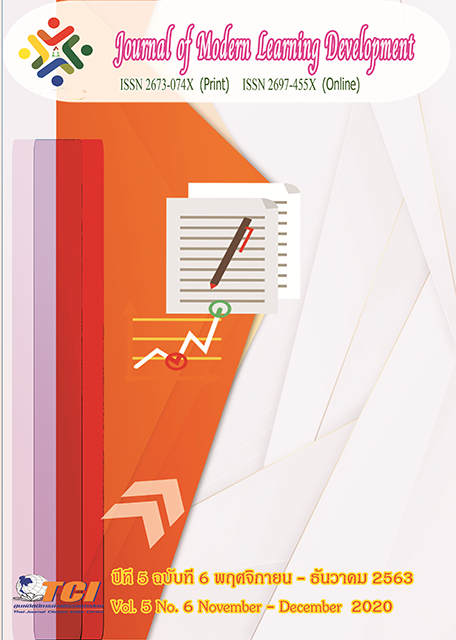Welfare State in Buddhism Concept
Main Article Content
Abstract
A formation of what was called a welfare state was regarded that the government had its duty to provide people many kinds of welfare to prevent social disparity and what the government provided was not lower than the lowest level of the people’s living standard. What the government provided was generally involved with the people’s living life; for example, the provision of subsistence allowances for the elderly, the provision of social welfare services for the disabled from birth to neglected old age, without residence, foster persons or proper care, the provision of assistance for the unemployed, the provision of medical treatment for the patient, the provision of support for the elderly, and the provision of free bus and free train services. Besides, there were such other projects the government often provided for people in the welfare state as minimum wage guarantee, minimum age control for child laborers, price support for other and agricultural products, the provision of lower cost houses, and the provision of a wide range of educational services. In summary, the welfare state was that the government provided people with various aspects of welfare for their happy living life. According to the economists and Buddhism, the concept on the people’s well-being looked different. In the economic views, the welfare state focused on the implementation of the government’s policies to allot limited social resources, but in the Buddhist view, it said about how the government did in order that people in the state had well-being, happiness and prosperity. As a result, the economists focused on effectiveness of production factors whereas Buddhism stressed on the people’s well-being, happiness, sufficiency and virtues.
Article Details
References
กรพินธุ์ พัวพันสวัสดิ์, แปล. (2562). รัฐสวัสดิการกับสังคมประชาธิปไตย. กรุงเทพมหานคร : สยามปริทัศน์.
กองพุทธศาสนศึกษา สำนักงานพระพุทธศาสนาแห่งชาติ. (2550). พุทธธรรมเพื่อส่งเสริมเศรษฐกิจ. กรุงเทพมหานคร: โรงพิมพ์สำนักงานพระพุทธศาสนาแห่งชาติ.
กิติพัฒน์ นนทปัทมะดุล. (2548). นโยบายสังคมและสวัสดิการสังคม. (พิมพ์ครั้งที่ 4). กรุงเทพมหานคร: สำนักพิมพ์มหาวิทยาลัยธรรมศาสตร์.
จินดา จันทร์แก้ว. (2543). ปรัชญาสังคมแนวพุทธ. กรุงเทพมหานคร: โรงพิมพ์มหาจุฬาลงกรณราชวิทยาลัย.
พระเทพวิสุทธิญาณ (อุบล นนฺทโก). (2549). อธิบายธรรมวิภาค ปริเฉทที่ 2. (พิมพ์ครั้งที่ 7). กรุงเทพมหานคร : โรงพิมพ์มหามกุฏราชวิทยาลัย.
มหาจุฬาลงกรณราชวิทยาลัย. (2539). พระไตรปิฎกภาษาไทย ฉบับมหาจุฬาลงกรณราชวิทยาลัย .กรุงเทพมหานคร: โรงพิมพ์มหาจุฬาลงกรณราชวิทยาลัย.


